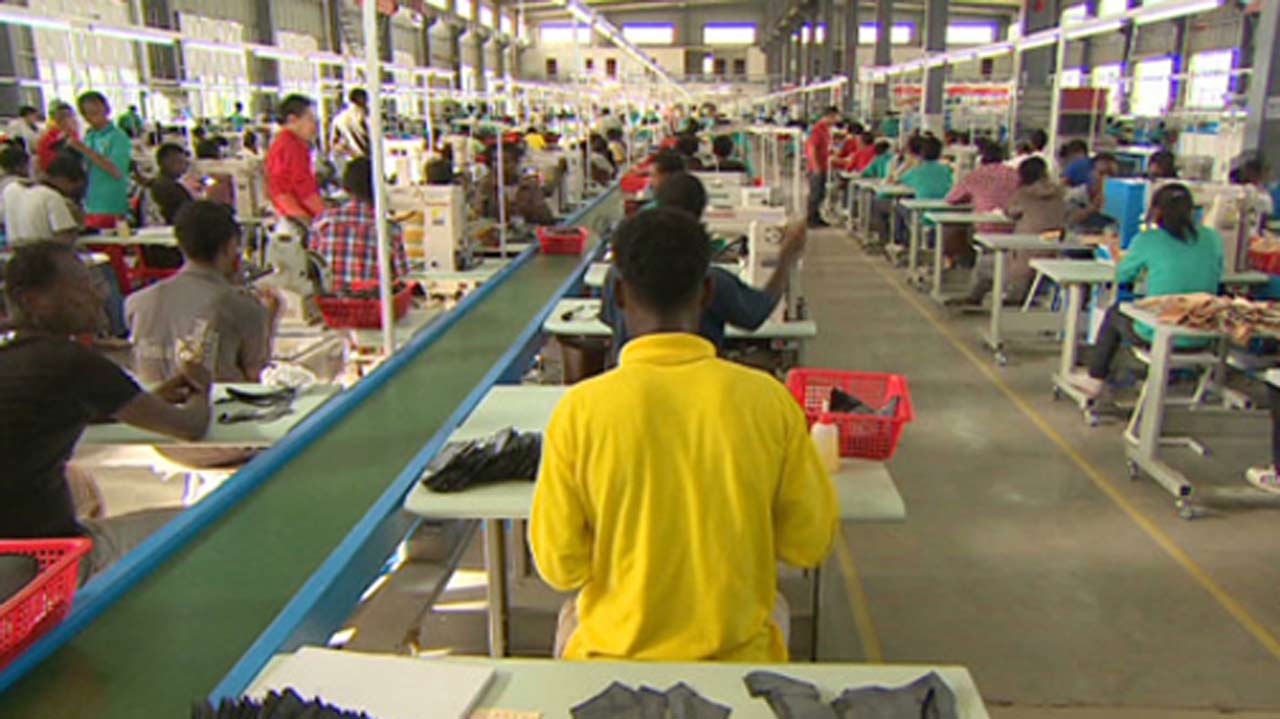 Manufacturing firms can see energy cost savings of 30 per cent switching to gas when compared to grid supply and as much as 80 percent on diesel costs, Clarke Energy has said.
Manufacturing firms can see energy cost savings of 30 per cent switching to gas when compared to grid supply and as much as 80 percent on diesel costs, Clarke Energy has said.
According to the Manufacturers Association of Nigeria (MAN), one of the most significant operational expenses is related to total energy cost. Given that electricity supply by the grid is challenging, many manufacturing companies are now embarking on their own power projects.
This situation became more challenging in 2022 as diesel fuel cost rose from about N300/litre in January to over N800/litre by the end of the year, forcing many industries wishing to remain competitive to explore alternative options.
Switching to natural gas by industries also fits well with the global movement to cut carbon emissions as gas is seen as a cleaner option, just as the move aligns with the Federal Government’s push to promote higher utilisation of the country’s natural gas resources, especially in the power sector.
“Clarke Energy has operated in Nigeria for more than 20 years and is confident about the long-term prospects and competitiveness of the economy. Companies that will provide reliable, affordable and cleaner energy alternatives will be essential, and technologies that are related to natural gas will have a critical role in the energy transition at this moment,” said Yiannis Tsantilas, Managing Director of Clarke Energy in Nigeria.
The company says its range of Jenbacher gas generators can assist industrial customers in improving their cost per product by having access to affordable and reliable electrical and thermal energy, adding that it is ready to partner with the government in its energy transition plans.
Clarke Energy serves industrial clusters in Lagos, Aba, Kano and other parts of Nigeria with gas plants that some of their customers say help them reduce their energy cost, improve production process by removing downtimes and by reducing their carbon footprint.
One of its customers, Dufil Group has a total of 20MW gas and diesel-fuelled power plants in their factories across Nigeria.
“The gas-fuelled installations have not only led to significant cost savings which have made our operations and products competitive in the market, but it has also reduced our carbon emissions and provided uninterrupted power supply given the sensitive nature of some of the factory equipment,” Jignesh Gandhi, group head, utility department of Dufil Group was quoted to have said.






